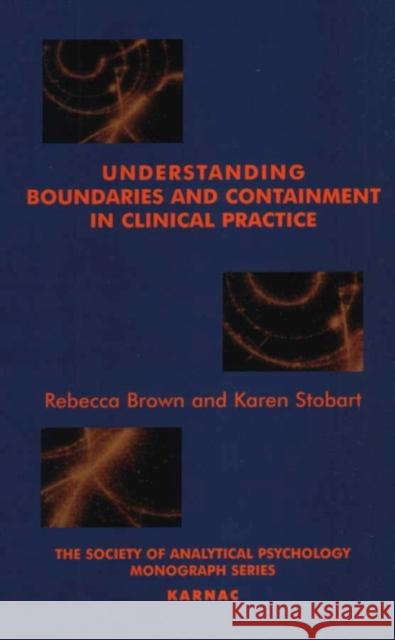Understanding Boundaries and Containment in Clinical Practice » książka
Understanding Boundaries and Containment in Clinical Practice
ISBN-13: 9781855753938 / Angielski / Miękka / 2008 / 128 str.
Understanding Boundaries and Containment in Clinical Practice
ISBN-13: 9781855753938 / Angielski / Miękka / 2008 / 128 str.
(netto: 127,61 VAT: 5%)
Najniższa cena z 30 dni: 125,74
ok. 30 dni roboczych.
Darmowa dostawa!
The authors investigate the meaning and purpose of boundaries within and around the therapeutic experience.
The term boundary is borrowed from geography; as in geography, boundaries can function as barriers or delineators. They can -keep in- or -keep out-; they can hinder or enable safe passage from one place to another. A boundary is more than a simple line delineating one space from another; it is an entity with properties that demand a response if they are to be negotiated. Boundaries circumscribe a space that can be viewed objectively, or experienced subjectively, as a container.
For the uninitiated, this therapeutic container can be difficult to penetrate. Even health professionals such as GPs and psychiatrists often do not know how to access psychotherapy organizations and their referral networks. Also, real constraints on the availability of counseling and psychotherapy within the National Health Service, and the cost of private sector services, may prohibit access to the help being sought. The book explores aspects such as the gradual evolution of therapeutic boundaries in psychodynamic work, boundary development in infancy and childhood, the role of the therapist's mind and the therapeutic setting, confidentiality and issues such as money and time.











